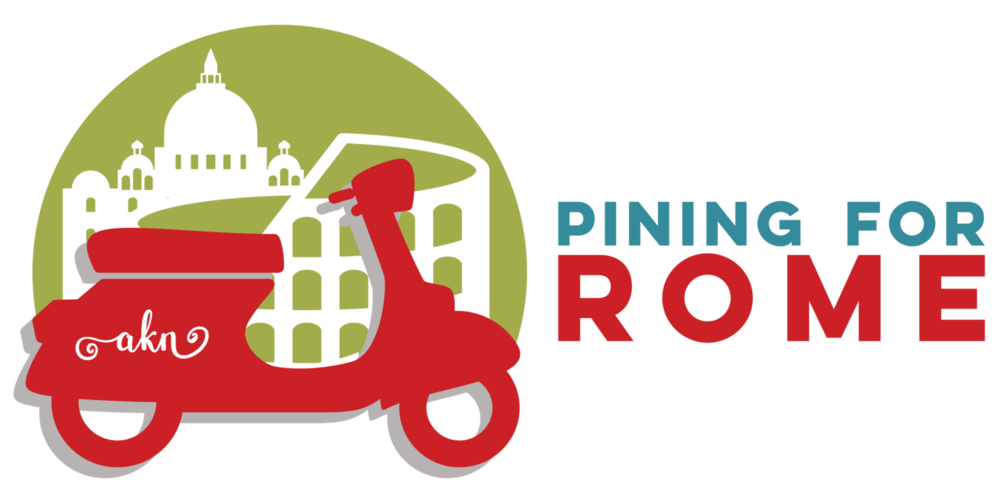 |
| Travel writer, Rick Steves, in Sacramento |
Before I hated him, I didn’t care much one way or the other. I’d read a few of his books. I didn’t see much that was different from the other mega-guidebooks -- a bunch of hotels, some information about museums, and an attempt to cover a million places with a skim-coat of information. But that didn’t make me hate him.
I’d watched his TV shows on PBS. They didn’t make me hate him either. And I have been a guest on his radio show. That certainly did not make me hate him. Heck! We were even featured on the same page of a magazine not too long ago. No hate there.
Nope. It was an afternoon in Italy that made me hate Rick Steves. Over what is quite possibly the best meal I have ever eaten in my whole life, I sat with an Italian tour guide and the maestro who had prepared our fabulous meal. The guide (who shall remain nameless) and the chef (whose name you’ll never know) proceeded to curse Rick Steves and begged me not to become like “the Rick Steves.” I was astounded. To that point I’d always thought of Mr. Steves as a benign guy... successful but harmless.
My Italian friends thought differently. Both lived in tiny Tuscan towns. We sat together in a medieval building in a medieval village on the top of a hill. Two hills over across vineyards and pastures sat another medieval town atop another hill. They pointed to that town and said, “Rick Steves, he ruined Greve-in-Chianti.”
But how could an American travel writer ruin a town?
Greve had been just another sleepy Medieval Tuscan town. But then Rick Steves included Greve in his Italy book... and he filmed there for his television show... and then people started to arrive. First they came by car. Then the buses started rolling in. Thousands of tourists, mostly American, hoping to see authentic Italians doing authentic Italian things.
Thousands of tourists can do a lot of wonderful things for a town -- create jobs, boost the economy -- but in a town that’s hundreds of years old, they can also cause damage. Tiny cobbled streets weren’t intended for tour buses. And thousands of tourists demand thousands of potty stops as well as plastic Coca-Cola bottles and kitschy crap made in China to take home.
Listening to my friends describe the demise of Greve, I was so sad. “We hope Rick Steves never finds [the name of the town has been removed on the ever-so-slight chance that Rick Steves might one day read this post].”
So, until a few days ago, I carried a little of that sting with me, a little of my Italian friends’ hatred for Mr. Steves and all that he and big guidebook companies represent. But then I softened.
Mr. Steves came to speak at a benefit I organized in Sacramento. He arrived and was kind, gracious, and generous with everyone he met. But it was when he started speaking that I began to soften. Over the course of an hour and a half it became clear to me: Rick Steves takes his ethical responsibility as a travel writer very, very seriously.
Speaking about “Travel as a Spiritual Act,” he wove tales of his travels together with admonitions to the audience to think about our own country’s attitudes toward: women, drugs, the environment, education, taxes, prostitution, religion, and race. He talked about being “smart on drugs” rather than “hard on drugs.” He asked the large crowd whether it is important to us to be an educated electorate or to be “dumbed down” as a country. And he invoked the responsibility of Christians everywhere to vote not for what is best for our own economic interests but for what is best for the poor, the broken, the least and the lost.
And he spoke about Italy, his favorite country in Europe. I am quite certain he has no idea that my friends, and others like them, don't like the exposure he's given them. Now, Rick Steves doesn’t deserve all of the blame for “ruining” Greve-in-Chianti. He shares it with Frances Mayes who writes of Greve in Under the Tuscan Sun, too. And then there was the movie... and, well, the rest is tragedy. Except it doesn’t have to be.
Along with Rick Steves we all have a responsibility. As a writer it is my job to teach responsible tourism, to seek authentic experiences, and to travel lightly on the land. As travelers we have a responsibility to slip into our destination with the least amount of disruption, to encourage the truly local economy -- choosing craftsmen and artisans over plastic and kitsch. And we must, in this world that gets smaller and smaller each day, open our eyes. For travel is a powerful tool. It is our job to wield that power for good, not for evil. And to take home more friendships than tchotchkes.
Last week's event convinced me that Rick Steves takes that ultimatum seriously and that the experiences he has had on the road inform the choices he makes every day in some very intelligent ways. It didn’t make me love those mega travel books. Nor did meeting him make me a Rick Steves groupie. But I don’t hate him any more.
And it did make me want to travel. I’m headed to Tuscany in February, but out of loyalty to my friends, I’m not sure I can go to Greve-in-Chianti. I’ll be off the tour-bus route, for sure. And when I am on the road I’ll be even more thoughtful about the impact my travel has on those I encounter -- and the impact they have on me as well.


